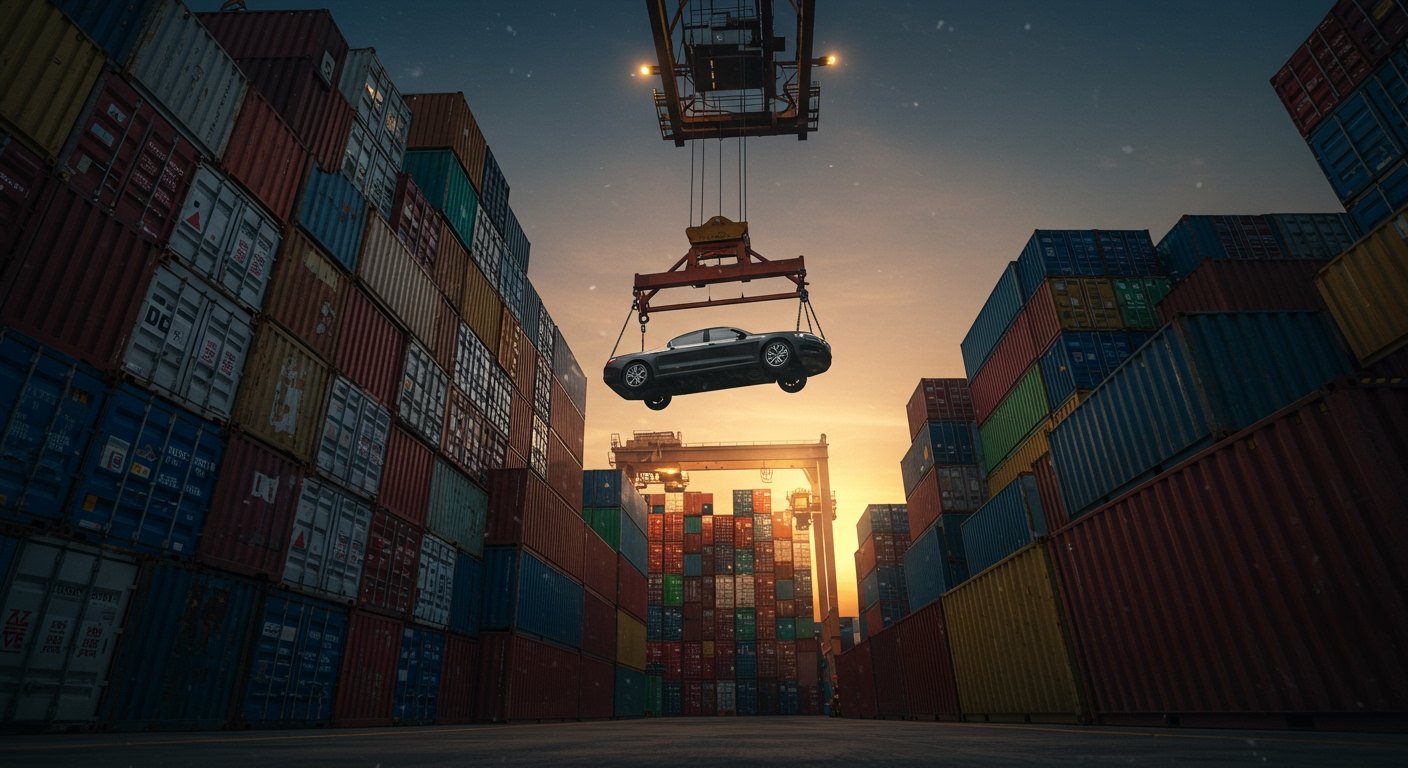NEW DELHI – Prime Minister Narendra Modi has declared that India is currently the world’s fastest-growing major economy and is on track to ascend to the position of the third-largest global economy in the near future. Speaking at the Economic Times World Leaders Forum 2025, Modi highlighted the nation’s robust economic performance, attributing its resilience and rapid growth to a decade of sustained macroeconomic stability and proactive reforms.
India’s Rapid Economic Ascent
India’s economic trajectory has seen a significant acceleration, with its nominal Gross Domestic Product (GDP) nearly tripling from ₹106.57 lakh crore in the fiscal year 2014-15 to an estimated ₹331.03 lakh crore in 2024-25. The country has already cemented its status as the fourth-largest global economy in 2025, surpassing Japan. Projections indicate that India is set to overtake Germany by 2028 to become the world’s third-largest economy, with its GDP expected to reach approximately $7.3 trillion by 2030. This remarkable growth is underscored by a real GDP expansion of 6.5% in FY25, with similar robust growth anticipated for FY26, positioning India as a key driver of global economic expansion.
Foundations of Stability and Growth
Prime Minister Modi emphasized that the current growth and resilience are rooted in the “macroeconomic stability of the last ten years.” He cited several key indicators that bolster this stability: persistently low inflation, with retail inflation reaching its lowest point since 2017; reduced interest rates; strong foreign exchange reserves; a controlled current account deficit; and a narrowing fiscal deficit, which is projected to reach 4.4%. The nation’s financial sector has also been strengthened, a fact reflected in an S&P Global Ratings upgrade after nearly two decades. These fundamentals, coupled with a decade of reforms, have created an environment conducive to sustained economic development.
Driving Forces: Investment, Exports, and Domestic Demand
The engine of India’s growth is being powerfully driven by domestic demand, supported by rising consumer confidence and increasing private consumption. The country is also witnessing a surge in investment, with lakhs of domestic investors channeling thousands of crores of rupees into the market monthly through Systematic Investment Plans (SIPs). Foreign Direct Investment (FDI) inflows have reached a cumulative US$1.05 trillion, signaling strong international confidence. Furthermore, India’s export sector has shown impressive performance, with total exports increasing by 76% over the last decade to reach US$825 billion in 2024-25. Services exports have more than doubled during the same period. Recent data also indicates a record addition of 2.2 million formal jobs in June, reflecting a healthier employment landscape.
Technological Prowess: Chips and 6G Initiatives
In a significant push towards technological self-reliance, India is making strides in critical sectors. Prime Minister Modi announced that the country will see its first domestically manufactured semiconductor chip by the end of 2025, utilizing 28 to 90 nanometre technology. Six chip fabrication units are currently under development, marking a pivotal step in the India Semiconductor Mission. Concurrently, work is progressing rapidly on a ‘Made in India’ 6G network, with a roadmap targeting rollout by 2030. This initiative is supported by measures such as the establishment of 100 5G labs, the Telecom Technology Development Fund (TTDF) Scheme, and the Bharat 6G Alliance, aiming to position India as a global leader in next-generation communication technologies.
Expanding Horizons: Space Missions and Global Contribution
India’s advancements extend to its ambitious space program. Over the past 11 years, the country has successfully completed more than 60 space missions, with numerous others planned. India has recently achieved space docking capability, a crucial step for its upcoming Gaganyaan manned mission, which aims to send astronauts into space. Looking further ahead, India is setting its sights on establishing its own space station. These accomplishments are contributing to India’s growing role on the global stage, with experts projecting the nation’s contribution to world growth to reach approximately 20% in the near future. Reserve Bank of India Governor Sanjay Malhotra stated that India contributes about 18% to global GDP growth, surpassing the United States.
A Beacon of Hope for the World
Prime Minister Modi concluded by asserting that India has become a “beacon of hope for the world” due to its resilience and economic strength. The ongoing reforms and the nation’s strong economic fundamentals are paving the way for India to achieve its goal of becoming a developed nation by 2047, underscoring a confident and prosperous future for the Indian economy and its people.












